2021-2022 Mentorship Participants
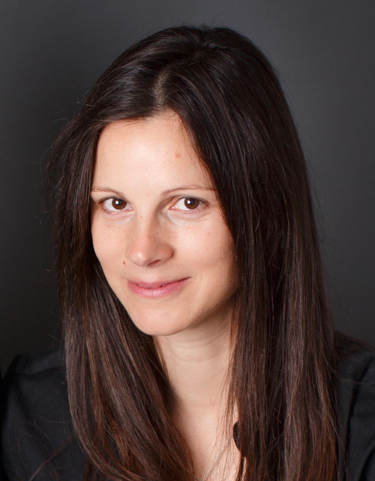
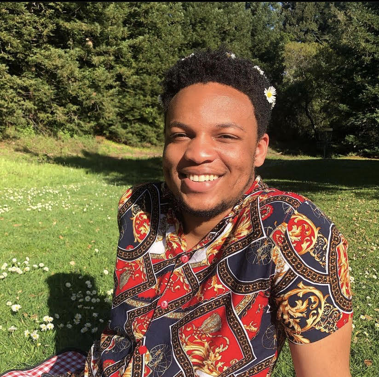
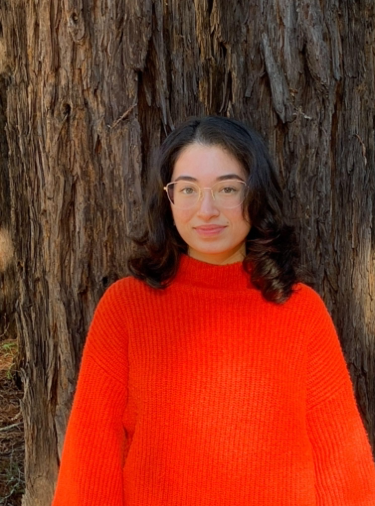
|
Mentor: Eleonora Pasotti, Professor of Politics, is currently undertaking several projects, the first of which pertains to Globalization and the City. This will be submitted as a chapter for the Handbook of Urban Politics in March of this year. Additionally, she is interested in research on land value capture systems(key solution to social justice in the face of gentrification and residential displacement) and inheritance law in a comparative perspective (key tool to social justice across generations and social classes). Mentee: Afolabi Thomas is a third-year politics and economics student at the University of California Santa Cruz. His interests include international political economy, international relations and security studies, and analyzing the role of neoliberal globalization in shaping modern societies, including in the developing world. Being a native Nigerian who has lived in four countries over the course of his life, his academic interests are bound intimately to the realities by which his life has been shaped. Now nearing the end of his undergraduate career at UCSC he hopes that this internship opportunity will afford him the opportunity to more intimately acquainted himself with the intricacies of academic research, published work, and the literature to be interrogated within the research itself. Hopefully, this experience will positively inform the decision he makes regarding his academic or professional career upon graduating from UCSC. Project Description: In this capacity as an undergraduate research fellow Afolabi Thomas will execute bibliographic searches and bullet-point summaries, additionally, he will be charged with engaging with the substantive content of Ms. Pasotti's research. Mentee: Jacqueline Rourke is a fourth-year History and Politics double major and Education minor from Ventura County, California. Her interests include American political development, electoral politics, urban politics, and social policy. As a resident assistant and writing tutor on campus, Jacqueline strives to help students navigate college by providing them with resources to help them succeed. After graduation, she plans to attend law school to pursue her passion for public service through legal advocacy. Project description: Jacqueline Rourke will assist Professor Pasotti by creating bibliographic entries and bullet-point summaries for Globalization and the City for the Handbook of Urban Politics. Jacqueline will moreover assist Professor Pasotti with her research on land value capture systems and inheritance law in a comparative perspective. |
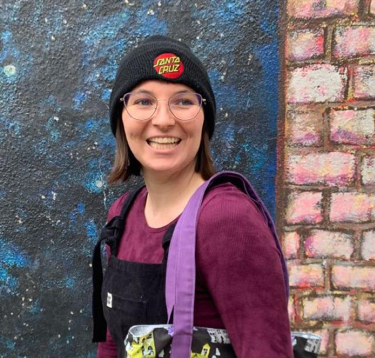

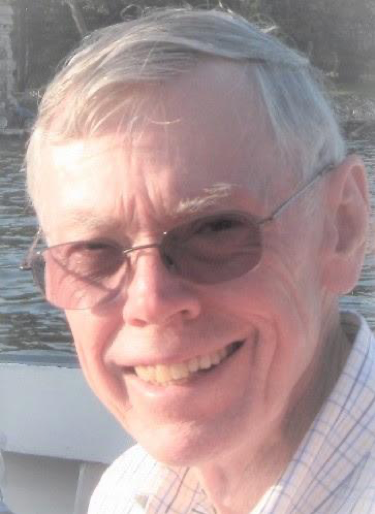
|
Kate Cellucci: Kate Cellucci is a senior Electrical Engineering student from Santa Cruz, California. She was originally drawn to electrical engineering because of her interest in power systems and renewable energy. Now, she is focusing her work on the energy management and monitoring side of power systems. Kate is a member of the Resilient and Renewable Electrical Energy Systems (RREES) Lab, led by Professor Mantey. Cole Scott: Cole Scott is currently a fourth-year student with majors in Robotics Engineering and Computational Mathematics and a minor in Electrical Engineering. His interests include power systems, renewable energy, electrical vehicle development, and quantum computing. He is currently the president and programming lead of Formula Slug, the Formula SAE team for UC Santa Cruz. Cole is a member of the Resilient Renewable Electrical Energy Systems (RREES) Lab, led by Professor Mantey. Merrill Fellow Patrick Mantey: Professor Emeritus Patrick E. Mantey joined the UCSC faculty in 1984 to start the engineering programs. He came from industry where he was a senior manager in Computer Science at the IBM Almaden Research Center. His extensive computer industry experience, especially in the design of computer systems for a variety of applications in government and industry, has influenced his research and professional activities. He taught at Stanford University in Electrical Engineering before and during his IBM employment. He is the founding Dean of the Jack Baskin School of Engineering. He is one of the founders of CITRIS, and served as its director until stepping down in 2018. He also served as the director of the Information Technologies Institute, with major funding from Cisco and other industry sponsors. He is affiliated with the Cyber Physical Systems Research Center, CenSEPS, and UC-Solar. Professor Mantey is a Fellow of the Institute of Electrical and Electronics Engineers and a member of American Society for Engineering Education, Tau Beta Pi and Sigma Xi. He received his B.S. (magna cum laude) from the University of Notre Dame, his M.S. from the University of Wisconsin-Madison, and his Ph.D. (with an NSF Fellowship) from Stanford University, all in electrical engineering. Professor Emeritus Mantey continues his affiliation with Electrical and Computer Engineering as a Recalled Research Professor and Director of Senior Design Capstone. Project Description: Cole Scott and Kate Cellucci will be working together in the Resilient Renewable Electrical Energy Systems (RREES) Lab to develop a low-cost instrument for measuring the quality of electric power delivered by utility companies to the consumer’s meter. These devices will be deployed in large numbers in the Santa Cruz area to monitor distribution networks for power anomalies, which may cause outages, dimming, and flicker. The data from these devices will also be used to train more advanced models for detecting fault events and predicting when power system components will fail. This work will not only improve the experience of power consumers, but will also help prevent some of the power system faults which were found to have caused many of the recent California wildfires. Cole will be on the software components of the device, ensuring that data can be collected reliably and with required precision and ensuring that power events are properly detected and reported to the user-facing website. Additionally, he will work together with Kate to develop testing and certification methods which can be used to make sure every device sent out to customers is up to the accuracy and reliability needed. Kate is responsible for developing the main voltage sensing circuit, with the goal of making the output signal as clean and accurate as possible. Having accurate data representative of the resident’s wall outlet is crucial, as it enables reliable snapshots of the resident’s electrical utility service. As part of the circuit design, she is also working to get UL approval for the device to ensure that it is completely safe to be installed in residential homes.
|
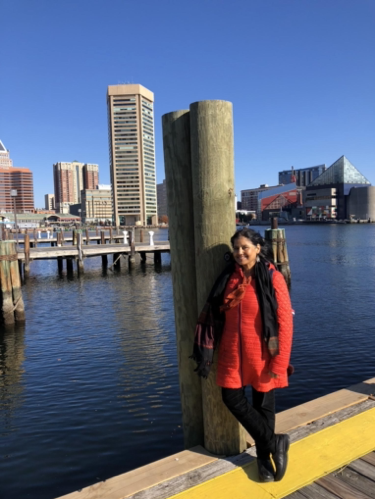

|
Mentor: Dr. Annapurna Devi Pandey teaches Cultural Anthropology at the University of California, Santa Cruz. Dr. Pandey holds a Ph.D. in Sociology from Jawaharlal Nehru University and a Post-doctorate in Social Anthropology from Cambridge, UK. Her research interests are: Indigenous people of India. Gender in the Indian Diaspora. South Asian religions and women Indian immigrant women’s identity-making. Immigrant Activism in the Diaspora.
Most recently, her research focuses on the struggles and challenges of H1-B and H-4 visa holders in the context of the pandemic. Annapurna was born and brought up in Odisha, India, and has made Santa Cruz, California, her home for more than three decades. She is the author of numerous essays on Women’s activism, agency, entrepreneurship, and empowerment in India and the Indian Diaspora. She has lectured about them in several universities and research forums worldwide. Dr. Pandey recently completed a senior Fulbright U.S. Scholarship working in India. She is an accomplished filmmaker (Homeland in the Heart; The Myth of Buddha’s Birthplace (with Prof. James Freeman) and Road to Zuni. Her most recent film, Road to Zuni, has already been nominated to several international film festivals and has received multiple national and international awards. Mentee: Ryann Hall is a UCSC junior from Modesto, California pursuing a major in anthropology and a minor in history. She is passionate about language reclamation, immigration history, and the preservation of family and cultural history through oral tradition, folklore, and cooking. Following graduation, Ryann plans to travel, write, and attend culinary school before continuing on with graduate studies in anthropology. Project Description: Dr. Pandey’s current research focuses on the struggles and challenges of H-4 visa holders from India as spouses of engineers and other highly skilled professionals known as H1- B visa holders. With the technology boom, highly specialized professionals migrate to the USA on a temporary visa called H1-B (strictly job-related). Their spouses and children join them on H-4, a dependent visa. H-4 visa holders cannot work in the USA and face myriad other restrictions. The U.S. immigration law makes them unwelcome, making their lives unbearable by imposing patriarchal gender norms discarded by the USA long ago. Since the 1990s technology boom, the U.S. has attracted a large number of high-skilled technology professionals and their families from India, significantly more than any other country. Dr. Pandey has been doing background research on the invaluable contribution of these Indian American visa holders to the US economy. She is documenting their struggles and challenges and the role of Indian American political leaders and various support groups in addressing the precarious situation of the H-4 visa holders for possible policy changes. She has written several popular articles on this issue on americankahani.com. In this project, Ryann will help Dr. Pandey conduct interviews, write transcripts, and do library research on the current policies tied to the green card backlog of these H1-B and H-4 visa holders. She will help collect stories about various aspects of Indian immigrant experiences in the United States. |
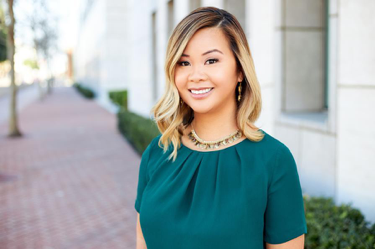
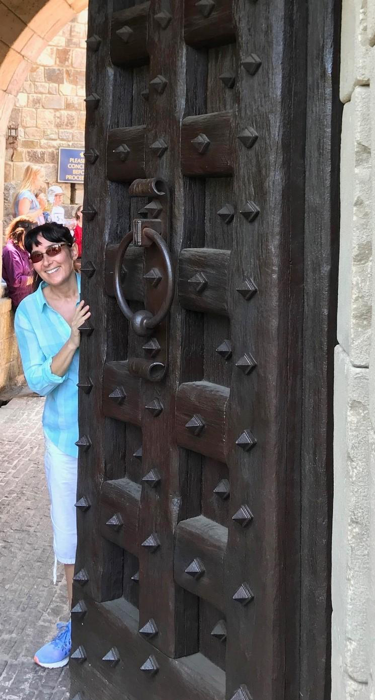
|
Mentor: Josephine H. Pham, Ph.D. is an Assistant Professor of Critical Studies in the Education Department at UC Santa Cruz, with an affiliation in Critical Race & Ethnic Studies. Drawing on her relational experiences as a daughter of Vietnamese refugees, former classroom teacher, and teacher educator, Pham's research aims to illuminate the co-constructed learning and everyday practices of communities of Color through which educational justice and social movements are made possible. Born and raised in the South Bay Area, she is thrilled to be working with UCSC students while having the opportunity to be more connected to her home, roots, and community. Mentee: Juli Sofijski transferred to UCSC from San Jose De Anza College and is currently a senior in the Sociology department. She grew up in Poland and has lived in Germany and Canada before she fell in love with and settled in the San Francisco Bay Area. She learned to love and appreciate education as an adult English language learner with dyslexia. Juli’s research goals include finding ways to make education accessible to everyone and engaging and fun for both students and teachers. Project Description: This project focuses on a pilot study that Pham co-designed and implemented to examine how university partnership with local dual-language immersion elementary schools shaped the coursework design, learning, and raciolinguistic ideologies of future teacher candidates. Sofijski will assist with the project by engaging in critical reflexivity, developing annotated bibliographies, and organizing data for preliminary analysis. Through research mentorship, they hope to highlight students' multilinguistic assets as rich resources for teacher learning. |
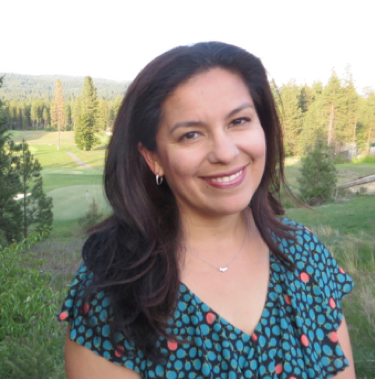
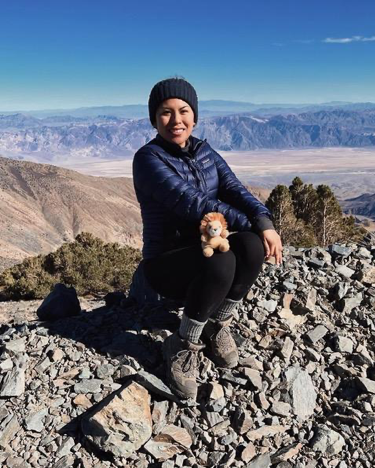
|
Sylvanna M. Falcón is an Associate Professor in the Department of Latin American and Latino Studies, Director of the Research Center for the Americas, and founder/director of the Human Rights Investigations Lab at the University of California, Santa Cruz. She is the author of Power Interrupted: Antiracist and Feminist Activists inside the United Nations [University of Washington Press, 2016; winner of the National Women’s Studies Association’s Gloria E. Anzaldúa Book Award], and the co-editor of Precarity and Belonging: Labor, Migration, and Noncitizenship [Rutgers University Press, 2021] and New Directions in Feminism and Human Rights [Routledge, 2011]. She is a former United Nations consultant to the UN Special Rapporteur on Violence Against Women. Heather Luhn is a senior at the University of Santa Cruz majoring in Philosophy and Latin America and Latina/o/x studies with plans on attending law school in the fall of 2022. Her years spent living in Mexico and her fluent knowledge of the Spanish language cultivated her desire to help the unrepresented and vulnerable populations and inspired her desire to affect real change in our world. During her time at community college, she was a student in the Pathways to Law program and volunteered as a legal translator at the non-profit, Mixteco/Indigenous Community Organizing Project. Her hobbies include poetry, creative writing, baking, and creating the most mouth-watering mole. Project: This project is a joint collaboration between the Research Center for the Americas/RCA at UC Santa Cruz and the Community Action Board (CAB) in Watsonville. Heather will be learning to analyze county-wide poverty data that has been collected by CAB and UCSC. She will also learn how to translate those findings into local policy recommendations. Heather will also be supporting CAB’s Thriving Immigrants Project, where she’ll be trained to do follow-up interviews with primarily local farmworkers on the challenges they are experiencing as a result of COVID-19. If time permits, then Heather would also help with preliminary data analysis. |
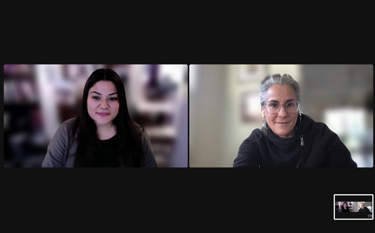
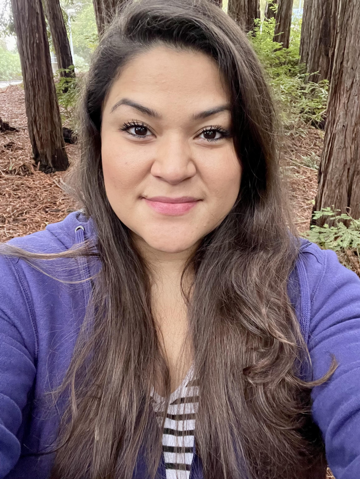
|
Catherine S. Ramírez, Professor and Chair of Latin American and Latino Studies at the University of California, Santa Cruz, is a scholar of Latinx literature, visual culture, and history, comparative ethnic studies, gender studies, and speculative fiction. Her most recent monograph is Assimilation: An Alternative History, which garnered an Honorable Mention for the Modern Language Association 2020 Prize in United States Latina and Latino and Chicana and Chicano Literary and Cultural Studies. She is the author of The Woman in the Zoot Suit: Gender, Nationalism, and the Cultural Politics of Memory and several essays on science fiction, race, gender, and futurity, and she is a co-editor of Precarity and Belonging: Labor, Migration, and Noncitizenship. She has also written for the New York Times, The Atlantic, Public Books, and Boom California. She has been awarded fellowships from the Center for Advanced Study in the Behavioral Sciences at Stanford University and the Ford Foundation; UC Santa Cruz’s inaugural Andrew W. Mellon Foundation grant for a John E. Sawyer Seminar on the Comparative Study of Cultures; and UCSC’s Excellence in Teaching Award. From 2013 until 2018, she directed UCSC’s Chicano Latino Research Center, now the Research Center for the Americas. A first-generation college graduate, she holds a PhD in Ethnic Studies from the University of California, Berkeley Esmeralda Garcia-Martinez: Esmeralda Garcia-Martinez is a fourth-year student, graduating in June 2022 with a major in Latin American and Latinx Studies and a minor in History. She is from San Jose, California and transferred to UCSC from San Jose City College. Her interests include education, Latin America and U.S. relations history including migration, politics and the impacts on people, and Race and Ethnic Studies. She is the mother of two children and the President for the Student-Parent Organization this 21-22 school year. Project Title: Dreams Deferred: The Child Migrant and the Prospects of the Global North This project takes as its subject the child migrant. Where a growing body of scholarship in migration studies emphasizes necropolitics—for example, death in transit or in detention—we look at the salient role youth and vitality play in determining who is permitted to enter or remain, however temporarily or tenuously, in the host country. Young, able-bodied, skilled, and disposable, prospective Dreamers, for example, are especially “fit” for lives as precariat workers in the United States. Consequently, they represent both a boon and a threat to this country. And just as migration scholars and activists have called attention to the weaponization of terrain in the management of migration (think, for example, of the deaths in the Sonoran desert and the Mediterranean Sea), we examine the ways the US migration apparatus weaponizes time by forcing undocumented youth to wait indefinitely to be regularized. The questions animating this project include: What hopes and fears does the child migrant embody in the twenty-first century, especially as related to labor, precarity, and demographic shifts, in particular, the simultaneous aging and browning of the US population? What can the child migrant tell us about the United States as a “nation of immigrants”? About the Global North as a champion of children’s and human rights? About family? About childhood, vulnerability, and agency? To address these questions, we bring together an eclectic array of sources, including photographs, data visualization, and stories about so-called breeders and anchor babies (migrant mothers and their US-born and, therefore, US-citizen children, in other words), “unaccompanied minors,” and other child migrants. A relatively new type of migration narrative, the child migrant (or migrant child) story is a story about child migrants. Often, it is told from the child’s perspective, it takes an autobiographical form, and its narrator or author is a child migrant or a former child migrant. As part of this research collaboration, Esme will search for and gather child migrant stories from the US and other places in the world (e.g., Mexico, the United Kingdom, and Europe). Guided by the questions in the previous paragraph, she will produce a bibliography of child migrant stories in English and any other languages in any form (e.g., short stories, videos, drawings, poems, etc.). Time permitting, Esme will also search for and compile photos of child migrants by Progressive reformer and Danish immigrant Jacob Riis, and photos taken at Ellis Island by August F. Sherman, a clerk at the immigration station, and the social photographer, Lewis Hine, in the early years of the twentieth century. The questions guiding this investigation will be: What do these early photos tell us about American perceptions of immigrants, children, and childhood during the “Great Wave” of immigration (1880-1924)? How have those perceptions endured and how have they changed over the past century? |
Previous partners in the Undergraduate Research Mentorship Program:
Click here to read about the 2020-2021 participants.Click here to read about the 2019-2020 participants.
Click here to read about the 2018-2019 participants.
Click here to read about the 2017-2018 participants.
Click here to read about the 2016-2017 participants.
Click here to read about the 2015-2016 participants.
Click here to read about the 2014-2015 participants.
Click here to read about the 2013-2014 participants.
Click here to read about the 2012-2013 participants.
Click here to read about the 2011-2012 participants.
Click here to read about the 2010-2011 participants.
Click here to read about the 2009-2010 participants.
Click here to read about the 2008-2009 participants.
